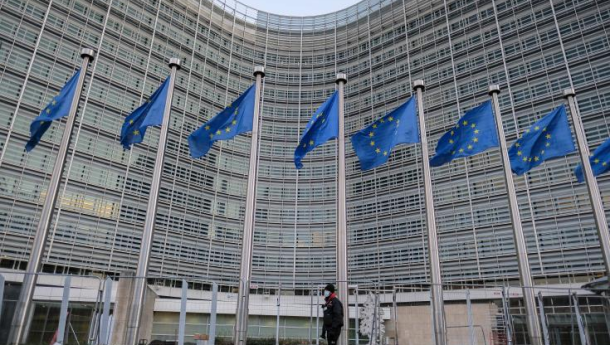
The European Commission announced that it has decided to refer Cyprus, as well as Spain, Poland and Portugal, to the Court of Justice of the EU for their failure to transpose into national law the directive on ensuring a global minimum level of taxation for multinationals and large domestic companies (Pillar 2 Directive).
The decision was announced as part of the European Commission’s October infringement package which was published on Thursday. In the same package, the Commission also announced the beginning of a new infringement procedure on the Professional Qualifications Directive - particularly regarding architects, and that it is sending a reasoned opinion (the second stage of an infringement process) to Cyprus, Czechia and Portugal regarding their compliance with the Digital Services Act.
Infringement procedures are the tool with which the European Commission pursues legal action against Member States for failing to comply with their obligations under EU law. In many cases, the issues are resolved without the Commission needing to pursue the procedure further, but an infringement could result in sanctions or fines from the Court of Justice of the EU.
Global minimum taxation of multinational and large groups
In its main decision which affects Cyprus, the Commission decided to refer the country (INFR(2024)0020) along with Spain, Poland and Portugal to the Court of Justice of the European Union for failing to notify measures for the transposition into national law of Council Directive (EU) 2022/2523 of 15 December 2022 on ensuring a global minimum level of taxation for multinational enterprise groups and large-scale domestic groups in the European Union (Pillar 2 Directive).
All EU Member States were required to bring into force the laws necessary to comply with the Pillar 2 Directive by 31 December 2023, and communicate the text of those measures to the Commission immediately. These measures are applicable beginning from 31 December 2023.
To date, almost all EU Member States have met these obligations. However, the national implementing measures still have not been notified by Spain, Cyprus, Poland, and Portugal, even if the Commission acknowledges that significant efforts are being made by the authorities to finalise their Pillar 2 national implementing legislation. The Commission sent reasoned opinions to Spain, Cyprus, Poland, and Portugal in May 2024.
The transposition of the Directive is connected to the implementation of Pillar 2, the minimum taxation component of the G20/OECD's reform of international taxation. Pillar 2 will limit the race to the bottom in corporate tax rates.
According to the new rules, the profits of large multinational and domestic groups or companies with a combined annual turnover of at least 750 million euro will be taxed at a minimum effective tax rate of 15%.
The Commission considers the implementation of the Pillar 2 rules a priority because it will help reduce the risk of tax base erosion and profit shifting and ensure that the largest multinational groups pay the agreed global minimum rate of corporate tax.
Professional Qualifications Directive
Also, the Commission decided to to open an infringement procedure by sending a letter of formal notice to Cyprus (INFR(2024)4019) for non-compliance of national legislation with the Professional Qualifications Directive (Directive 2005/36/EC as amended by Directive 2013/55/EU), regarding architects with acquired rights, meaning those allowed to practice under specific provisions.
According to the Commission, these rules prevent these architects from joining the professional chamber like other Cypriot-issued architects, limiting their benefits and practice conditions.
The Commission is therefore sending a letter of formal notice to Cyprus, which now has two months to respond and address the shortcomings raised by the Commission. In the absence of a satisfactory response, the Commission may decide to issue a reasoned opinion.
Digital Services Act
Finally, the European Commission decided to send reasoned opinions to Cyprus (INFR(2024)2016), Czechia (INFR(2024)2039), and Portugal (INFR(2024)2038), following the letters of formal notice sent in April 2024. Despite exchanges since April, these Member States have still not empowered their designated Digital Service Coordinators, to implement the Digital Services Act (DSA).
Furthermore, they have also failed to lay down the rules on penalties applicable to breaches of the Digital Services Act.
Member States had until 17 February 2024 to designate Digital Services Coordinators, independent regulatory authorities to oversee the implementation and enforcement of the DSA.
Fully empowered Digital Services Coordinators in each Member State are essential for the exercise of the new rights created under the DSA, for instance to ensure users can lodge complaints against platforms.
The Member States have two months to take the necessary measures to comply with the reasoned opinions. In the absence of satisfactory responses, the Commission may refer the Member States to the Court of Justice of the European Union.

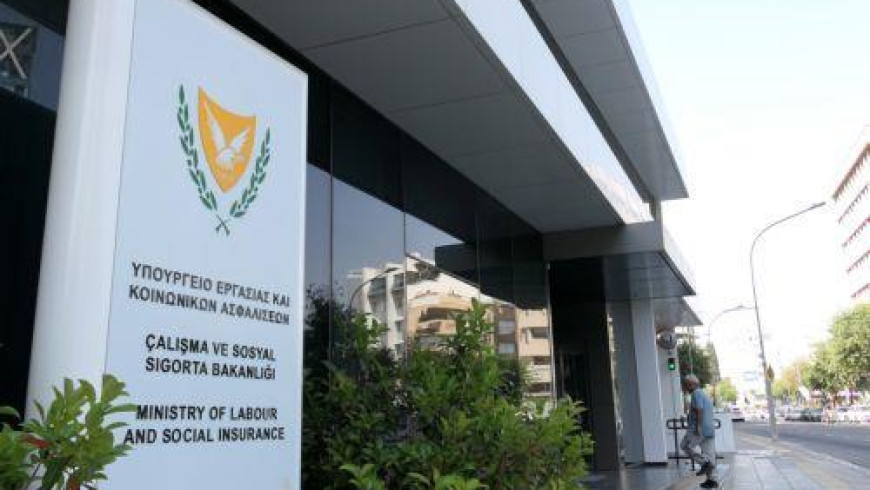

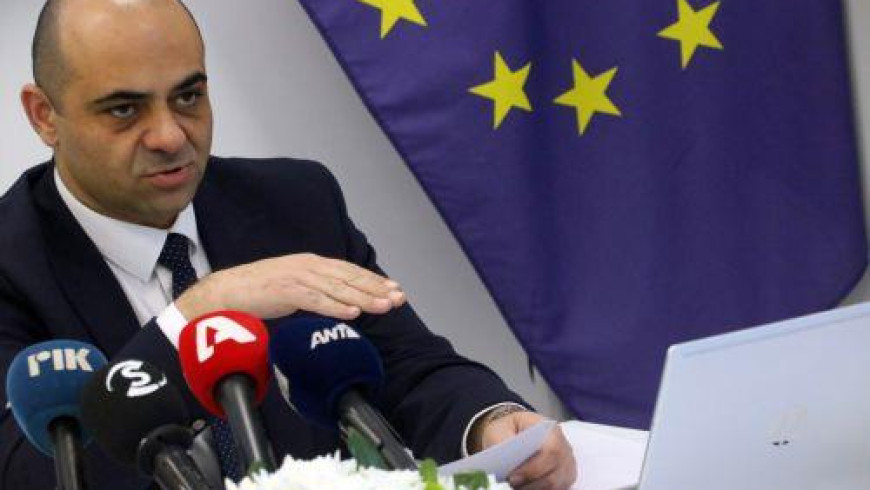


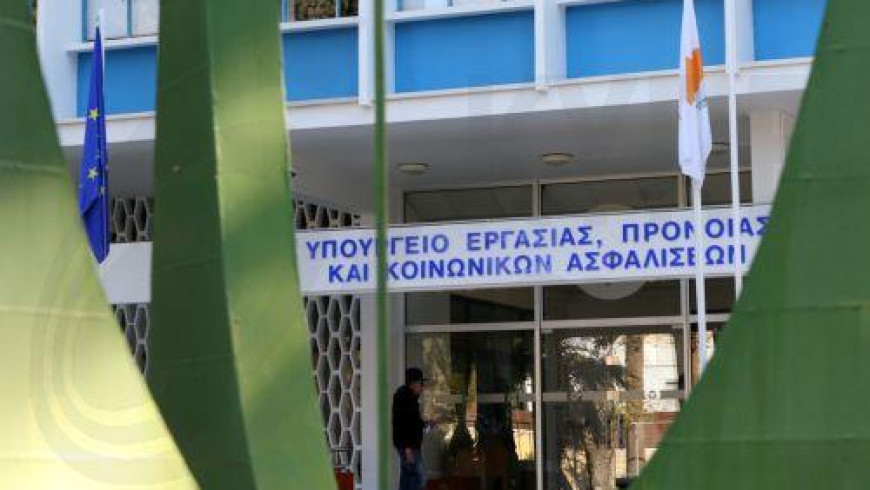

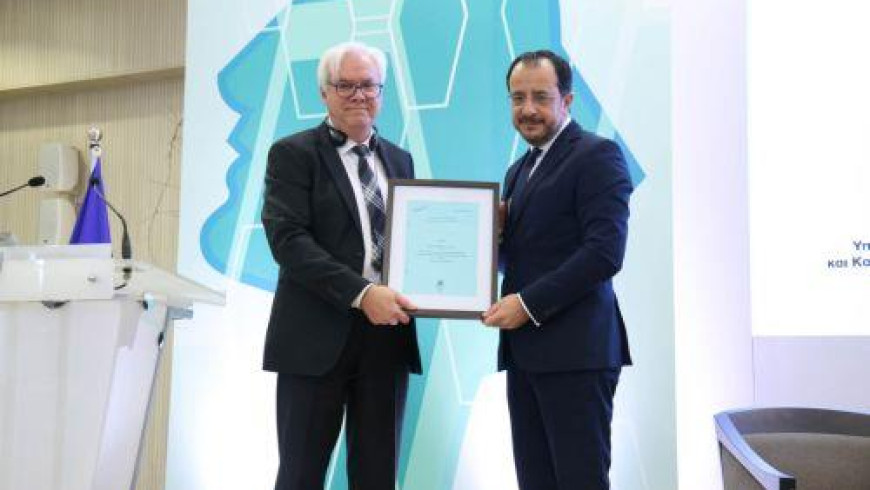





 3287.99
3287.99 1275.09
1275.09
